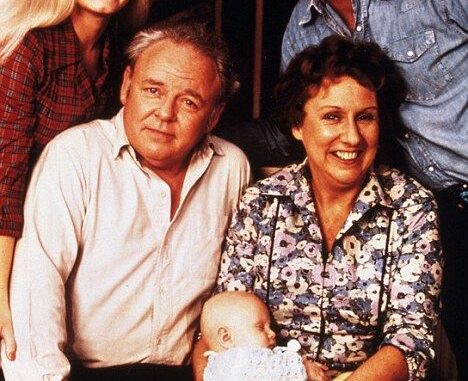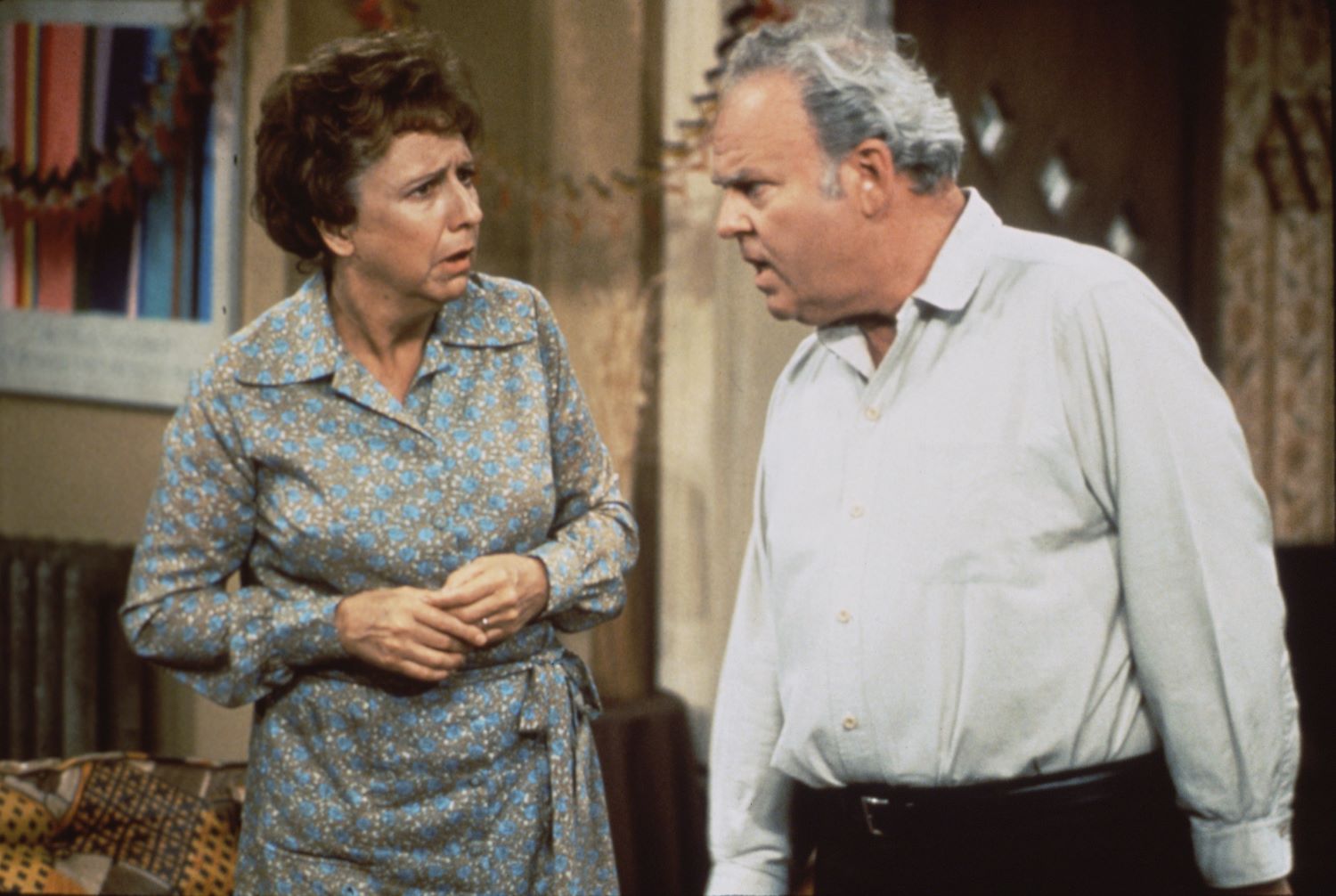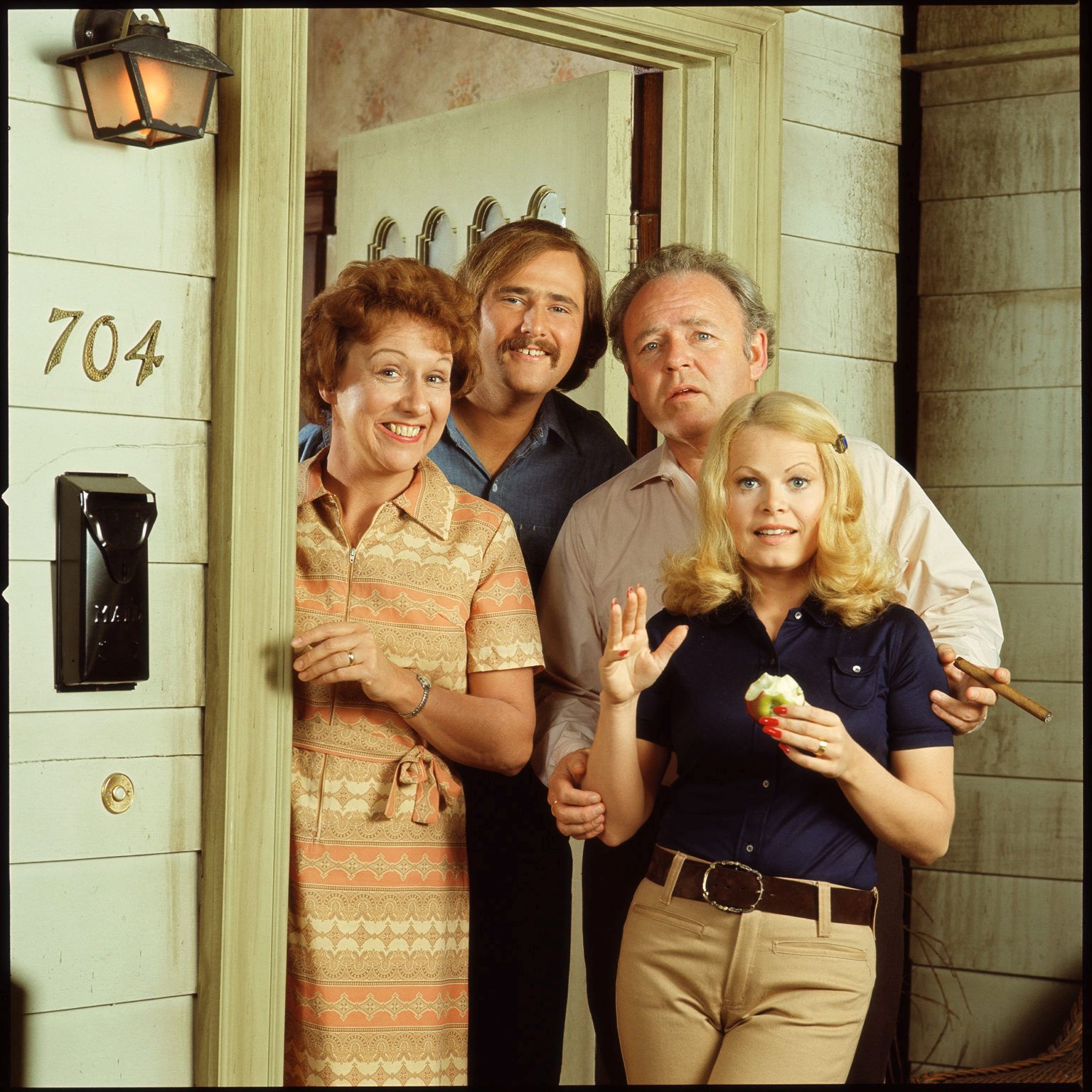
In a revealing account from March 6, 2021, Lou Haviland explores the challenging dynamics between Carroll O’Connor and the creative team behind All in the Family. When O’Connor took on the iconic role of Archie Bunker, creator Norman Lear could hardly foresee that some of Archie’s stubborn traits would manifest in O’Connor himself, complicating the collaborative process.
O’Connor’s deep investment in the character made him both protective and possessive, creating friction not just with Lear but also among the show’s writers. The actor’s commitment to his role was so intense that he famously rewrote the entire pilot episode, deeming the original script “terrible.” In a 1999 interview with the Television Academy Foundation, he shared that he recorded himself performing all the characters’ lines to present his revised version to Lear, who ultimately agreed to have it transcribed for the show.
Despite Lear’s initial excitement about casting O’Connor, his joy quickly gave way to the reality of working with an actor who was both fiercely collaborative and often combative. In his memoir, Even This I Get to Experience, Lear recounted how O’Connor would frequently request changes to the scripts, leading to countless “difficult moments” for both men. Lear described O’Connor as “difficult and often abusive,” reflecting the tension that characterized their working relationship.
Yet, amid these challenges, a deep mutual respect developed over the years. Lear acknowledged that O’Connor’s relentless critiques often stemmed from fear and a desire to ensure the show’s quality. Despite their conflicts, Lear admired O’Connor’s talent, stating, “As difficult and often abusive as Carroll could be, his Archie made up for it.”
The complexities of their relationship persisted throughout the show’s run, but upon O’Connor’s death in 2001, Lear’s feelings of respect and admiration were evident. During a visit to O’Connor’s widow, Nancy, Lear discovered a letter he had written to the actor on his birthday—a letter that moved him to tears. In it, he expressed his deep respect for O’Connor as a talent and for the character he had so brilliantly brought to life.
Nancy revealed that O’Connor had kept the letter on his desk, a poignant testament to the bond they had formed despite their frequent disagreements. As Lear recalled, “It was there in the same place the day he died,” underscoring the profound impact O’Connor had on both the show and Lear himself. This intricate dynamic between a passionate actor and a visionary creator became a defining aspect of All in the Family, shaping it into a groundbreaking series that resonated with audiences for decades
